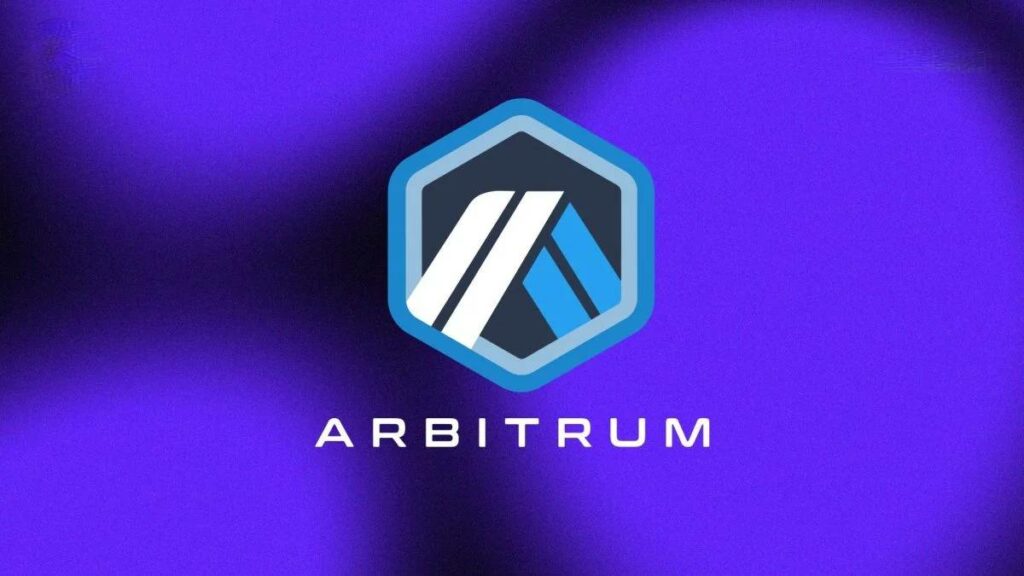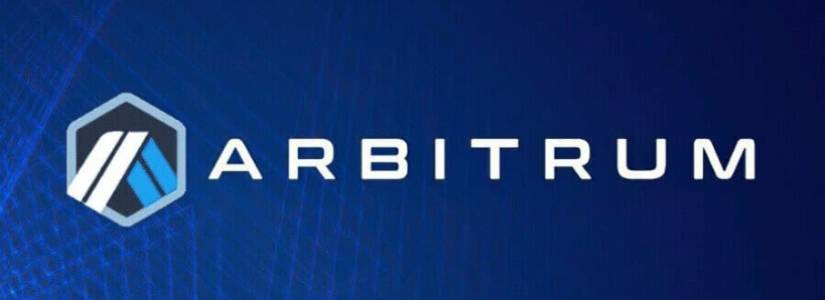TL;DR
- ArbitrumDAO votes to implement the BoLD dispute resolution protocol.
- BoLD will enable permissionless validation and improve chain security.
- The update marks a move towards full decentralization.
Arbitrum, the leading network for layer 2 solutions by its total value locked (TVL), is about to take a significant step towards its “stage 2 decentralization” with the introduction of the BoLD protocol.
The ArbitrumDAO community is holding a preliminary vote to evaluate the implementation of the BoLD protocol, which promises to change the way transactions are validated on the Arbitrum One and Arbitrum Nova chains.
BoLD, which stands for Base Layer 2 Dispute Resolution, is designed to enable permissionless validation, eliminating the need for centralized entities that validate transactions.
This not only improves system security by preventing lag attacks, but also ensures that any honest party can successfully defend the state of the Arbitrum chain against malicious claims.
The proposal to implement BoLD includes a series of measures to guarantee its effectiveness and security.
These measures include a comprehensive audit by Trail of Bits, the deployment of the protocol on public testnets for at least eight weeks, and the implementation of a public audit program.
In addition, mathematical security proofs and formal specifications of the protocol will be published to guarantee transparency and confidence in its operation.
Implementing BoLD brings several important benefits to Arbitrum chains.
First, it enables permissionless validation, a long-term goal of the project on its path to decentralization.
Additionally, BoLD ensures that challenges are resolved within a fixed period of time, mitigating the risk of lag attacks.
This, in turn, allows any honest and resourceful party to protect the protocol from malicious actors, thus strengthening network security.
Decentralization and Security Improved with Arbitrum
The path towards full decentralization is crucial for the future of Arbitrum.
In stage 1 rollups, layer 2 networks still rely on centralized entities to validate transactions and secure the system.
However, with the implementation of BoLD, Arbitrum is positioned to move towards stage 2 of decentralization, where these tasks will be managed autonomously by the network code, maintaining only a safety board for interventions in cases of critical errors.
Additionally, the proposal contemplates the creation of a new challenge management contract on Ethereum, allowing validators on One and Nova to use Nitro software to participate in BoLD.
This change not only unlocks permissionless validation, but also improves the security of chains by ensuring that any honest party can defend the state of the chain against malicious claims, mitigating the risk of delay attacks.
The BoLD protocol represents a significant advancement in Arbitrum technology, aligning with the principles of decentralization and security that are fundamental to the Ethereum ecosystem.











